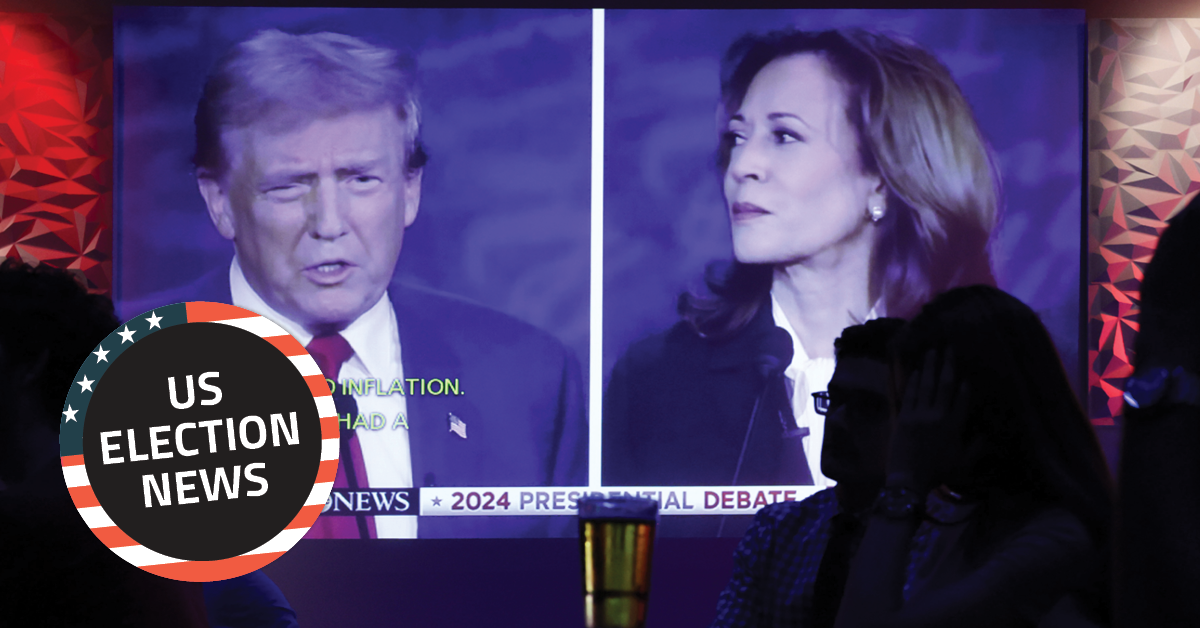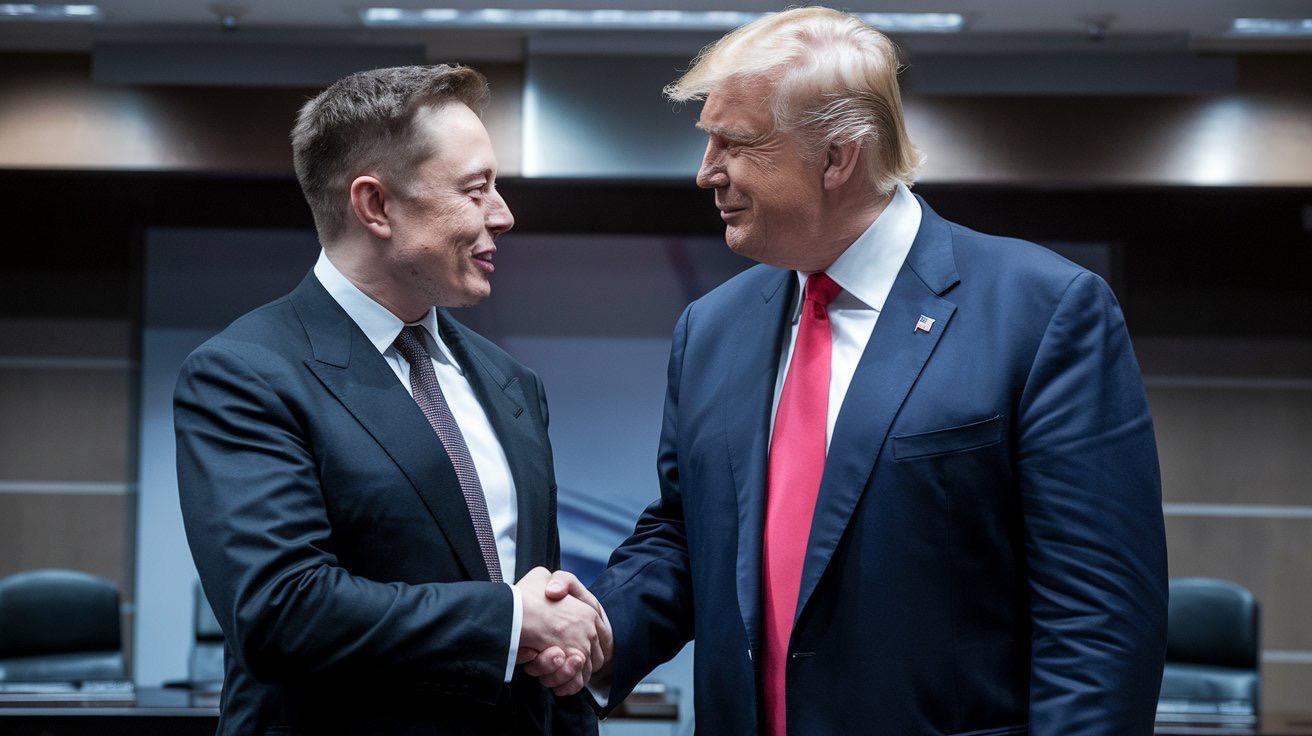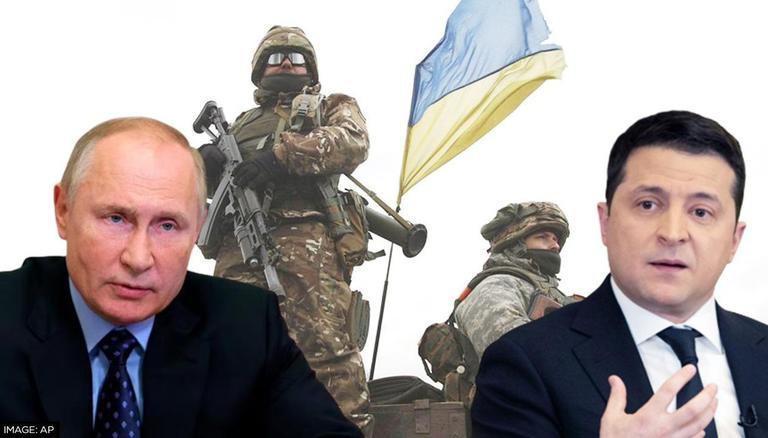The US Election 2024 season in the United States is always significant, but this year, the stakes feel even higher, and the world is watching closely. Today, we’ll break down what’s happening on the US campaign trail, who the candidates are, and why their policies could impact people everywhere. On one side, we have the Democratic nominee, Vice President Kamala Harris. Harris has been campaigning on what she calls an “opportunity economy.” Her plans focus on affordable healthcare, reducing income inequality, and tackling climate change. Her foreign policy largely follows the path set by her predecessor, President Biden, but with her perspective. She is a strong advocate for supporting allies, competing with global powers like China, and promoting human rights.
On the other side, former President Donald Trump is making a comeback, promoting his “America First” agenda. Trump is known for his tough stance on immigration, trade, and international deals. His campaign promises include more aggressive economic policies, tariffs, and renegotiation of foreign agreements. Many of his supporters believe Trump’s approach is best for America’s economy and security.
Global reactions are varied. Key players like Russia and China have different stakes in this US Election 2024: Global Impact & The Battle Against Misinformation. Russian leaders are leaning toward Trump, believing a second term could ease tensions between the two nations. Trump’s stance on the Ukraine conflict, in particular, suggests he might lean toward negotiating with Russia. Meanwhile, China remains cautious. Beijing knows that either candidate could maintain competitive US-China policies, but they are particularly wary of Harris’s approach, which could mean more pressure on issues like Taiwan and trade.
In Africa, there’s a strong preference for Trump’s business-focused approach, which some leaders believe would be better for economic development in the region. In Latin America, opinions are divided. Some leaders see Trump as a strong partner, while others remember his aggressive tactics and may prefer Harris’s diplomacy-first approach.
Closer to home, foreign policy is also affecting US voters. In swing states like Arizona, Georgia, and Pennsylvania, international issues like immigration, trade, and even the war in Ukraine are shaping the debate. Foreign policy is now a talking point in local discussions and could sway tight races.
Then, there is the issue of election interference. US intelligence officials are tracking misinformation campaigns from foreign actors, primarily from Russia. Fake videos and misleading stories are appearing on social media, aiming to divide American voters. This isn’t just a US issue; it’s a tactic seen worldwide as powerful countries attempt to influence each other’s politics. Social media has become one of the main battlegrounds for information warfare. With millions of Americans relying on platforms like Facebook, Twitter, and TikTok for news, the spread of misinformation can be fast and widespread. Algorithms often prioritize content that gets more engagement, which means sensational headlines and misleading stories gain traction quickly. Although platforms are working to flag false information, many voters still encounter manipulated content daily.
It’s not only Russia that is involved; other actors, including domestic groups, are also adding to the confusion and mistrust. What’s at stake is not just this election, but public trust and democratic processes. When misinformation shapes people’s understanding of candidates, policies, and election integrity, it threatens the foundation of democracy. This is particularly concerning, given that a recent study showed nearly half of Americans believe they’ve encountered fake news related to the election. As more people vote by mail or early in person, doubts about election security and legitimacy are becoming hot topics that could linger long after election day.
The issue of misinformation also extends beyond US borders. Around the world, people are watching how the United States handles this challenge. For many, the US has long represented a model of democracy and free speech, but these principles are being tested in real time. As Americans head to the polls on November 5, the world holds its breath. A lot is riding on this election, from international trade and global security to the fight against climate change. Whether Harris or Trump wins, one thing is clear: the outcome will shape the world in profound ways.





